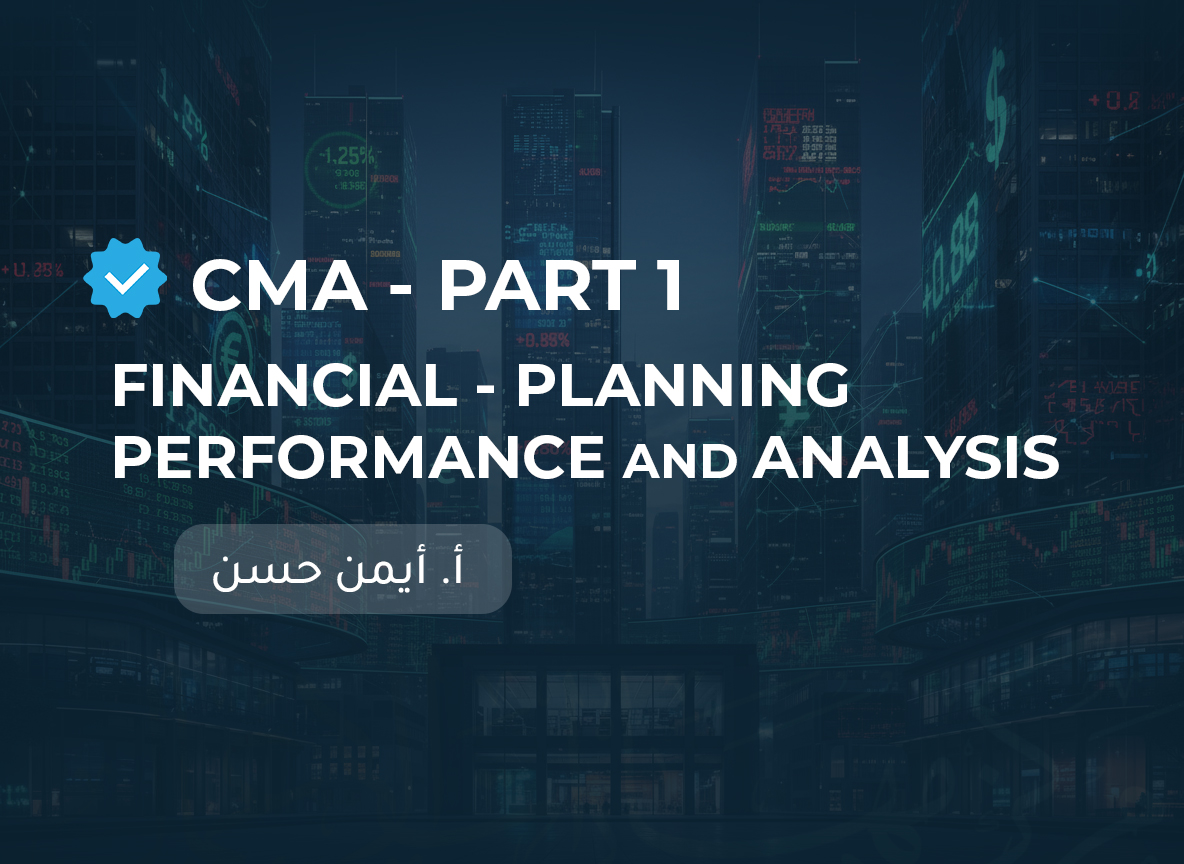
Training on CMA -part 1 -Financial ,Planning, performance and analysis
3,450.00 SR
3450.0
SAR
3,000.00 SR
| اسم المدرب | أ. أيمن حسن |
|---|
| رقم اعتماد الدورة | 30990 |
| مدة الدورة / عدد الساعات | 60.0 |
قم بالوصول إلى بنك الأسئلة والاختبارات المتاحة لهذه الدورة
-
فيديو معاينة تجريبي
-
معاينة مجانية
-
-
برشور الدورة
-
معاينة مجانية
-
-
المحاضرة التعريفية
-
معاينة مجانية
-
-
certificate
-
Training on CMA -part 1 -Financial ,Planning, performance and analysis
-